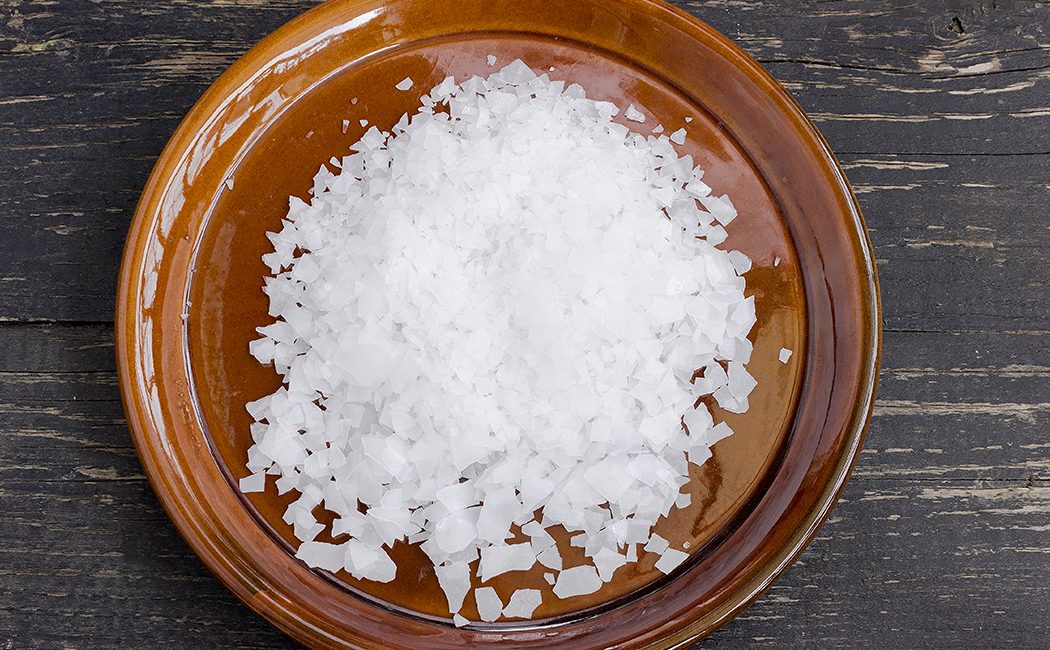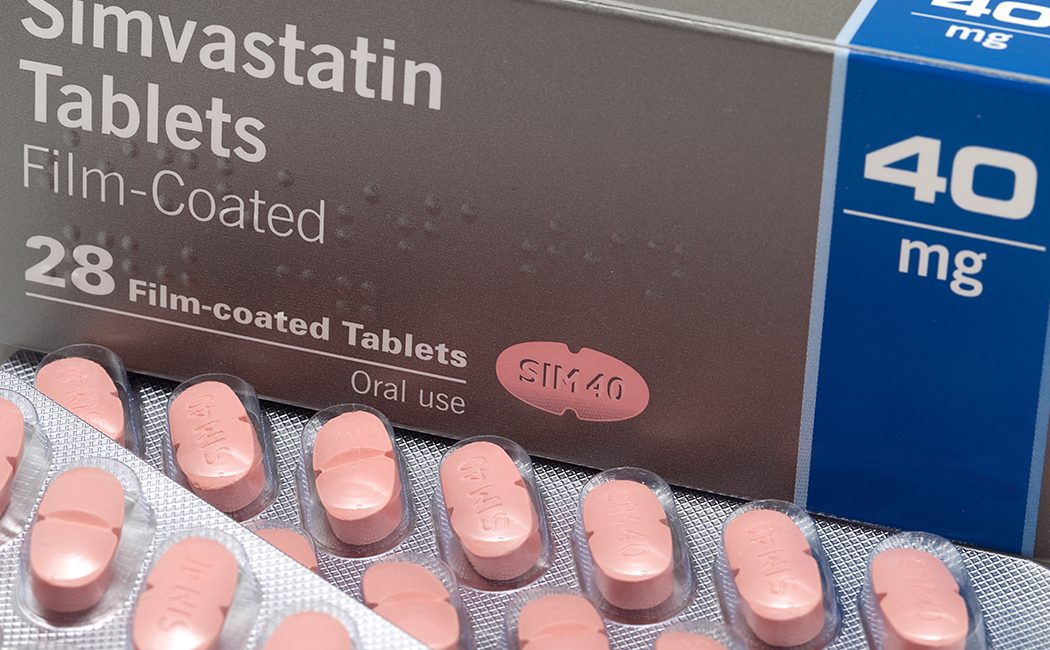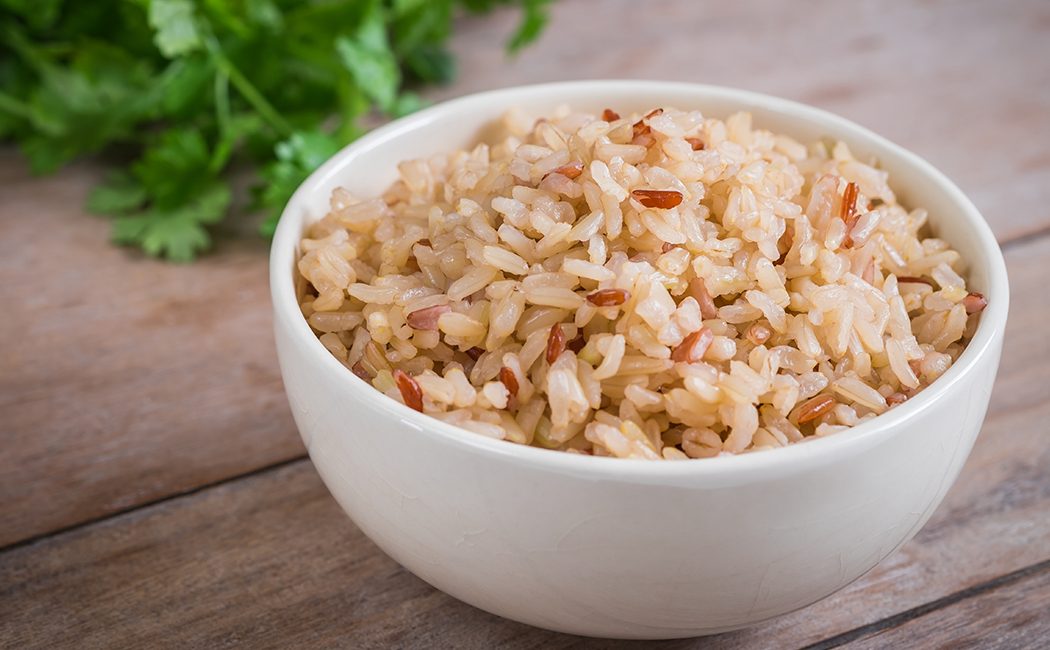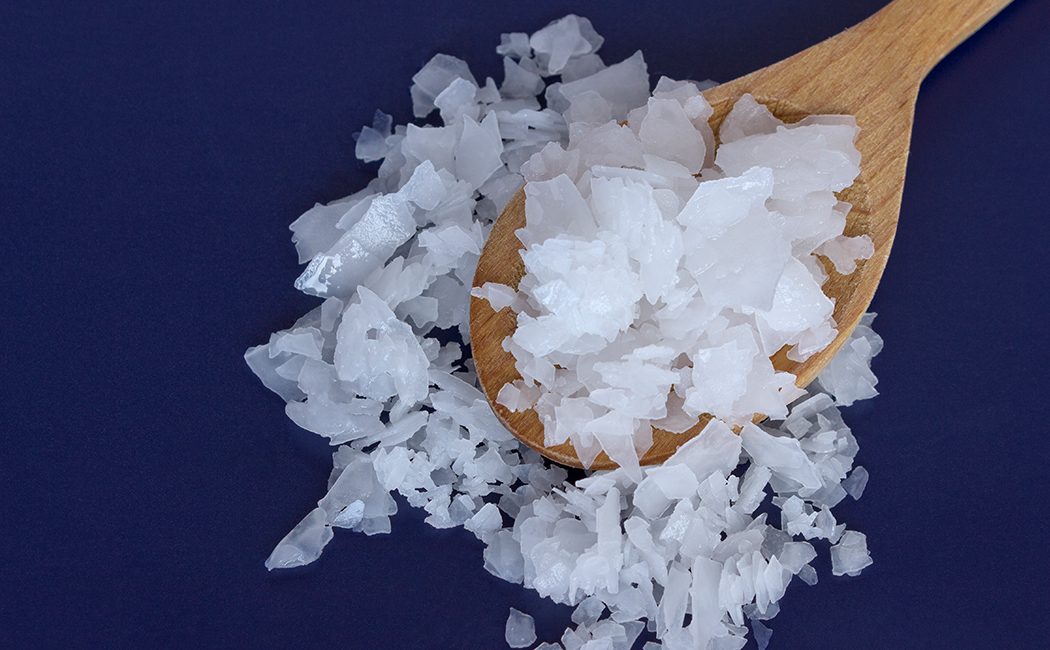What are the Different Types of Magnesium Supplements or Uses?
Magnesium Chloride; We use this form in the bath as ‘magnesium flakes’. We have found it great for detox effects, sleep and relaxation if used in the bath or a foot soak.
The National Institute for Health noted a study where participants with type 2 diabetes and hypomagnesemia received Chloride supplements for 16 weeks. Results showed a lower average blood glucose level and lower fasting glucose levels as well.
Magnesium Citrate; is a common type of magnesium used in supplements. From tablets, capsules, and powders can be used to treat magnesium deficiency. The good thing about Citrate is that it is very well absorbed by the body. Some claim it has 90% bioavailability, but keep in mind that high doses may cause diarrhea, and some say that Citrate is more likely to cause this.
Magnesium Glycinate; is praised for its apparent ability to relieve stress and anxiety and also promote better sleep. Most forms have been shown to help sleep and muscle relaxation, Glycinate might be the best (the Amino Glycine is known to promote calming). Glycinate has optimum bioavailability and hasn’t got the laxative to affect other forms have.
Magnesium Malate; is also highly absorbable but may also cause diarrhea in some people at high doses. People with muscle pains and fibromyalgia have been known to benefit from taking Malate. Magnesium Malate is a mixture of Malic Acid and magnesium.
Malic acid has sour to taste and is found in fruit. Malic acid has many health benefits and it can be applied to the skin, for the treatment of warts, acne, calluses and other skin issues.
Magnesium Aspartate; Aspartate is found in meats and plants and according to the NIH, it may be a neurotransmitter. Aspartates are used to increase absorption rates of the other minerals they are mixed with to enhance athletic performance. Highly absorbable by the body and can be given via IV infusion.
Magnesium Taurate; Taurine is an amino acid and when combined with magnesium it is praised for its calming effects. It is being heavily researched as an anti-diabetic treatment in controlling blood sugar and insulin resistance.
Magnesium Orotate; The NIH says that ‘Orotic acid acts as a transporter that carries magnesium into cells. It may also be an Antioxidant and be beneficial for cardiovascular health. Orotate is also beneficial in the treatment of Magnesium deficiency.
Magnesium Threonate; is the new kid on the block, Threonate has probably the highest bioavailability and is especially good for cognitive function. Threonate passes easily through the blood-brain barrier. A study found this form of magnesium more effective than any other magnesium supplement at booting levels of magnesium in the brain. Threonate promotes better learning abilities and memory.
This is not a definitive list but I’ve picked some of the main forms of magnesium.
Down Side of Magnesium Supplements
If you have an illness like Lyme disease with multiple infections creating havoc, magnesium might be a short term problem. Although it is an essential mineral a lot of the microbes actually use magnesium for their own nutrition.
If you have SIBO for instance, having oral magnesium supplements may cause bloating, gas or diarrhea when it hits the gut for digestion. (We have experience with this as my wife had SIBO). We cut out all oral magnesium products.
Microbes like Lyme infection live in the gut, many of them also live inside parasites which also live in the intestines, that also use magnesium for food. Once the treatments have reduced the microbe populations magnesium can be restarted. We used magnesium flakes in the bath or foot soaks and had IV infusions to get around this problem.
*NB Please beware of supplements that contain Magnesium Stearate, this is used as a binder. It has no nutritional benefit.












